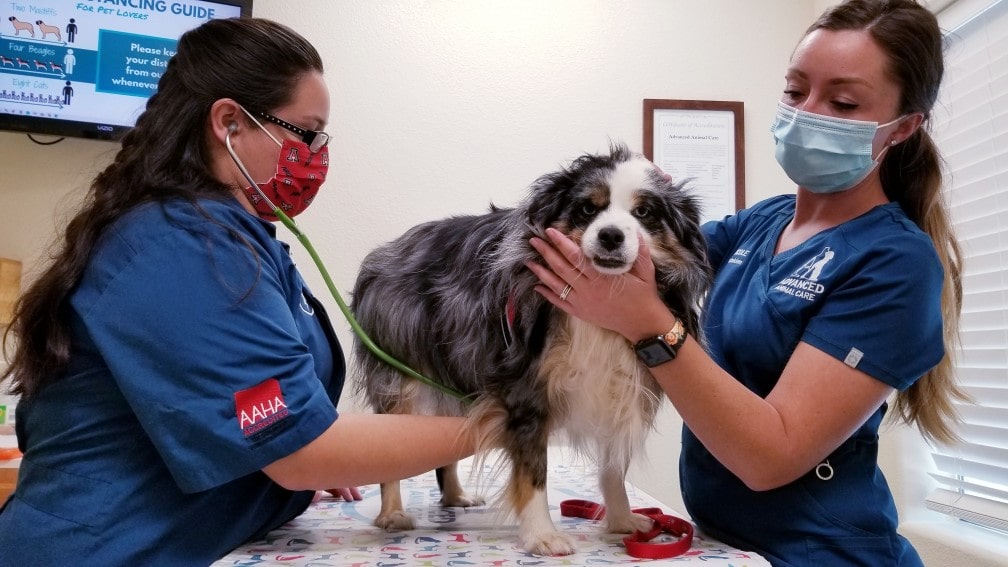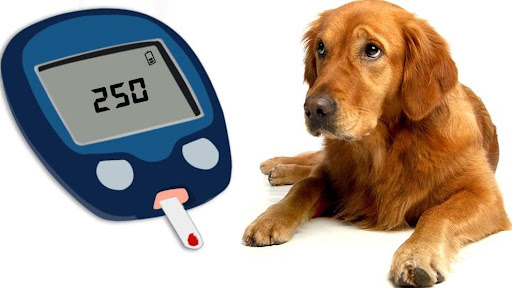Just like humans, dogs can develop heart problems too. Being a pet owner, you need to know about dog heart problems, their symptoms, and treatments to provide the best care possible for your pet dog.
The thing to worry about dog heart problems is that they can lead to heart failure. It is a case where the dog’s heart fails to pump blood throughout the body.
Heart diseases can take years to spot, so it is imperative to know about the causes of canine heart diseases and the symptoms via which you can identify them.
Types of Heart Disease in Dogs
There are two types of heart diseases in dogs: congenital and acquired. Most of the cases are considered acquired.
Congenital Conditions:
- Congestive Heart Failure
- Canine Dilated Cardiomyopathy
- Pulmonic Stenosis
Acquired Conditions
- Canine Valvular disease
- Arrhythmias
- Pericardial disease
What causes heart disease in dogs?
There could be many causes of dog heart disease. It could be congenital – a heart defect by birth or due to old age, infection, or injury. Studies have shown that dog obesity is another factor causing heart disease in dogs.
Symptoms of heart disease in dogs
- Frequent and rough coughing, usually during or after exercise.
- Heavy and frequent panting; breathing difficulty during walking or playing.
- Always tired
- Restlessness before bedtime
The dog may develop more advanced symptoms as the disease worsens:
- Fluid buildup in the belly causes it to swell
- Fainting episodes
- Bluish grey tongue or gum color
- Severe weight loss
Test to check dog’s heart condition
Your vet would ask about your pet dog’s diet, medications, or any history of heartworms. Based on your answers and the symptoms that you mention, they will do the following tests:
- Blood and urine test.
- Comprehensive chest X-rays with low doses of radiation.
- EKG to check heart rhythm and the functioning of the arteries.
- Ultrasound or Echo to check heart size and muscle movement.
- Heartworm antigen test.
- Holter monitor to measure your dog’s heart rhythm for 1 or 2 days.
Treatment of dog heart diseases
The treatment will depend on your dog’s specific heart problem. Based on the diagnosis, your vet may recommend one or more treatment plans mentioned below:
- Heart medication to treat irregular heart rhythm.
- Medication to prevent fluid build-up in the lungs or to slow down the fluid build-up.
- If there is an injury, surgery would be done.
- Surgery for valve repair or to place a pacemaker.
- Diet changes to lower sodium intake.
- Exercise or activity schedule to help condition your dog’s heart.
The vet may also suggest lifestyle changes for your dog and heart supplements. If your dog is diagnosed with a heart condition, visit your vet monthly for a checkup and an updated treatment plan.
With the right treatment, timely checkups, and regular monitoring, heart diseases in dogs can be managed, and they can live a comfortable life.
Want to read more articles like these? Subscribe to our newsletter below!

 DogExpress
DogExpress




















 in Chandigarh, India.
in Chandigarh, India. 
